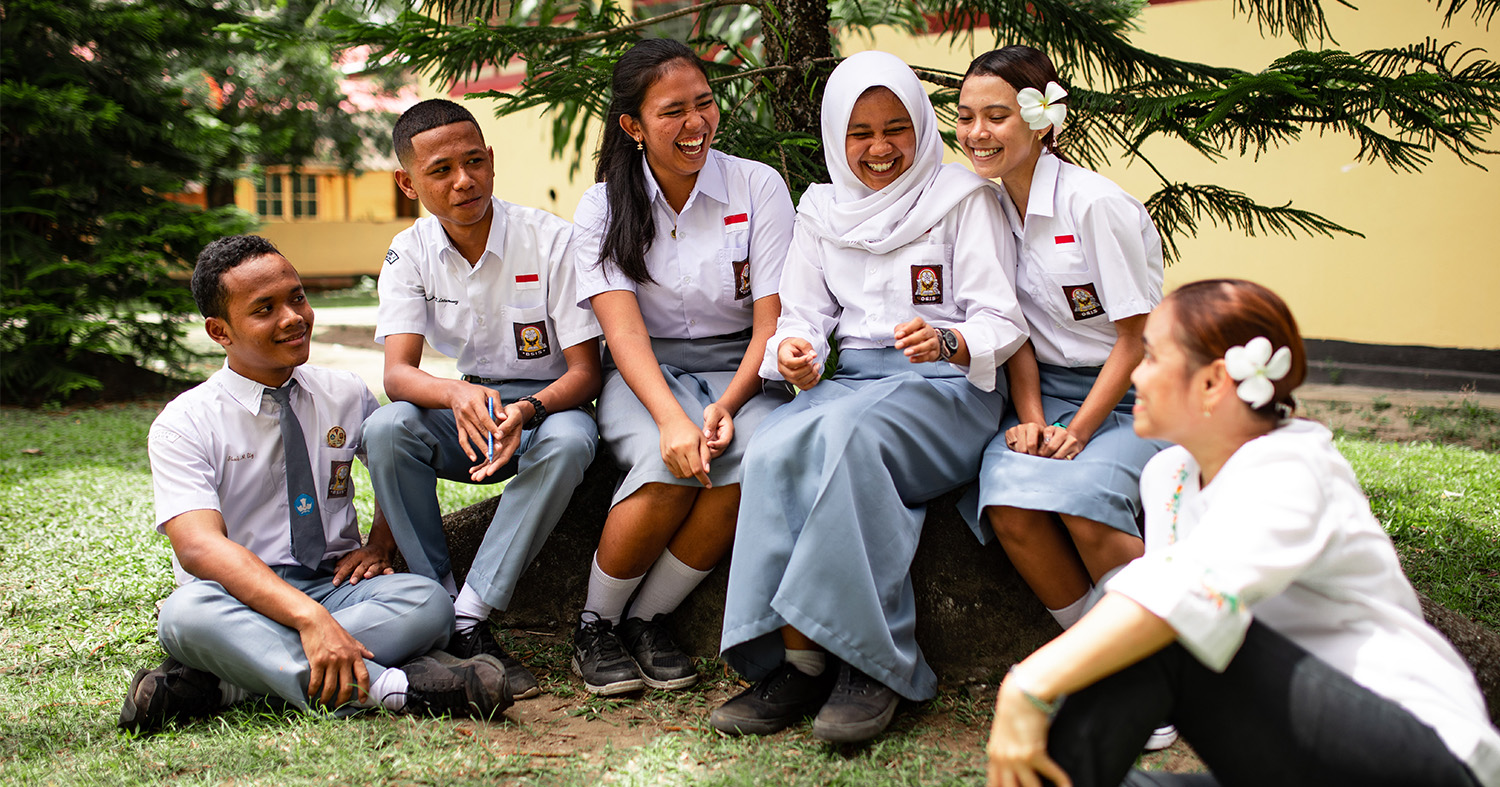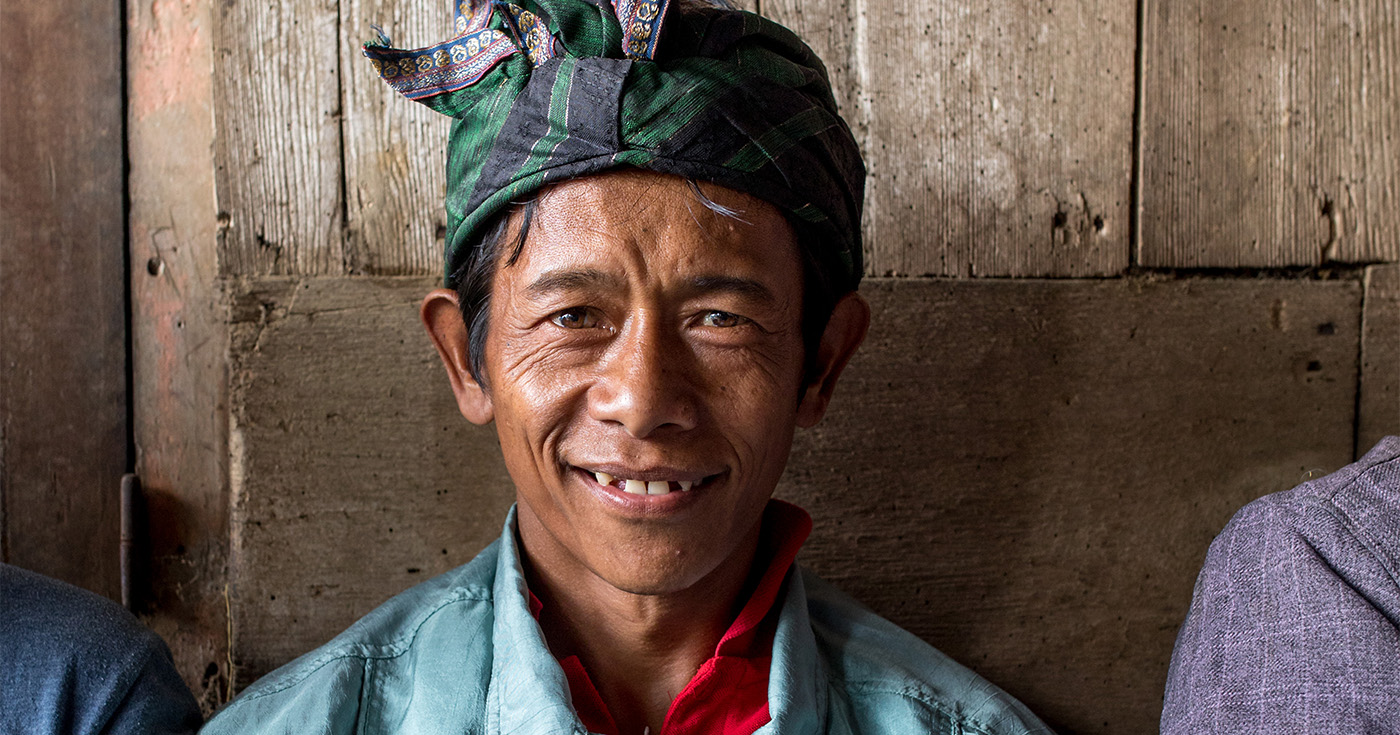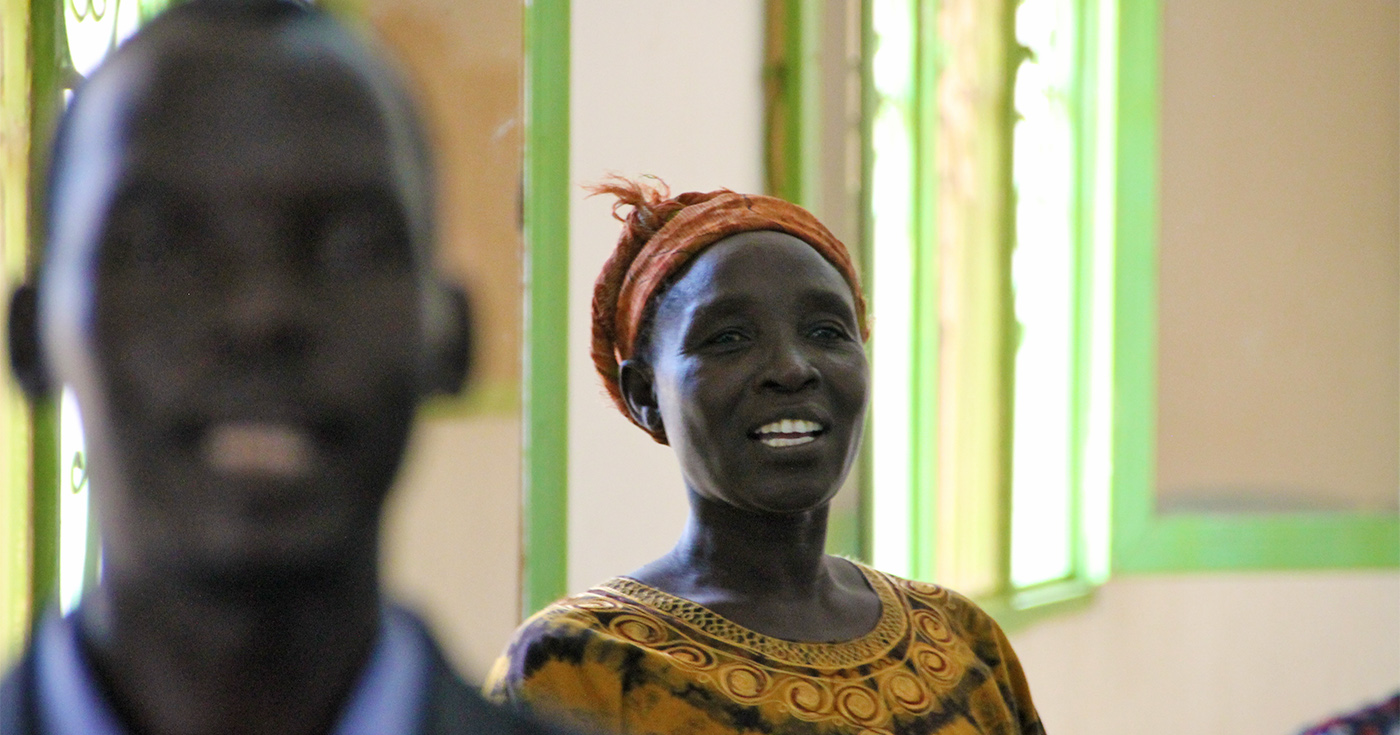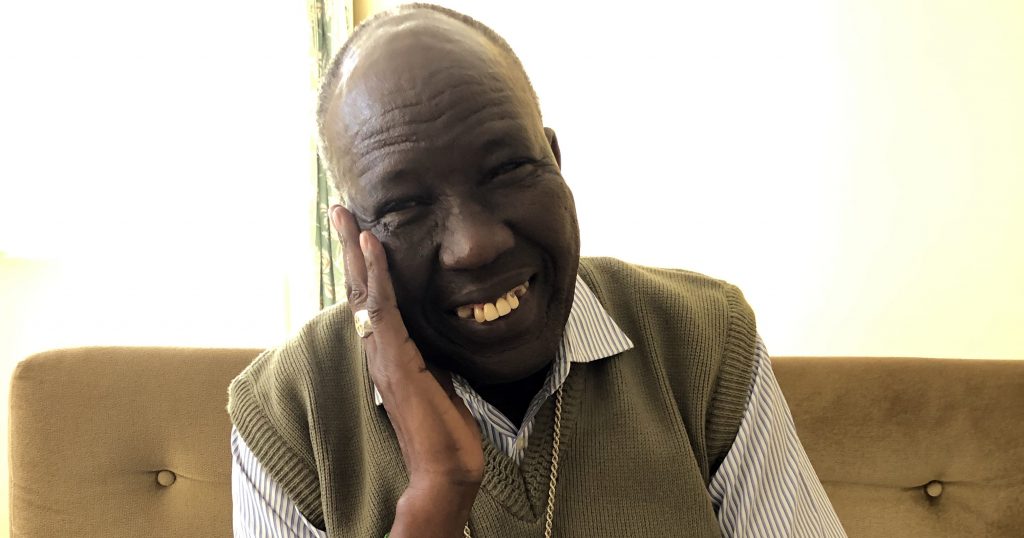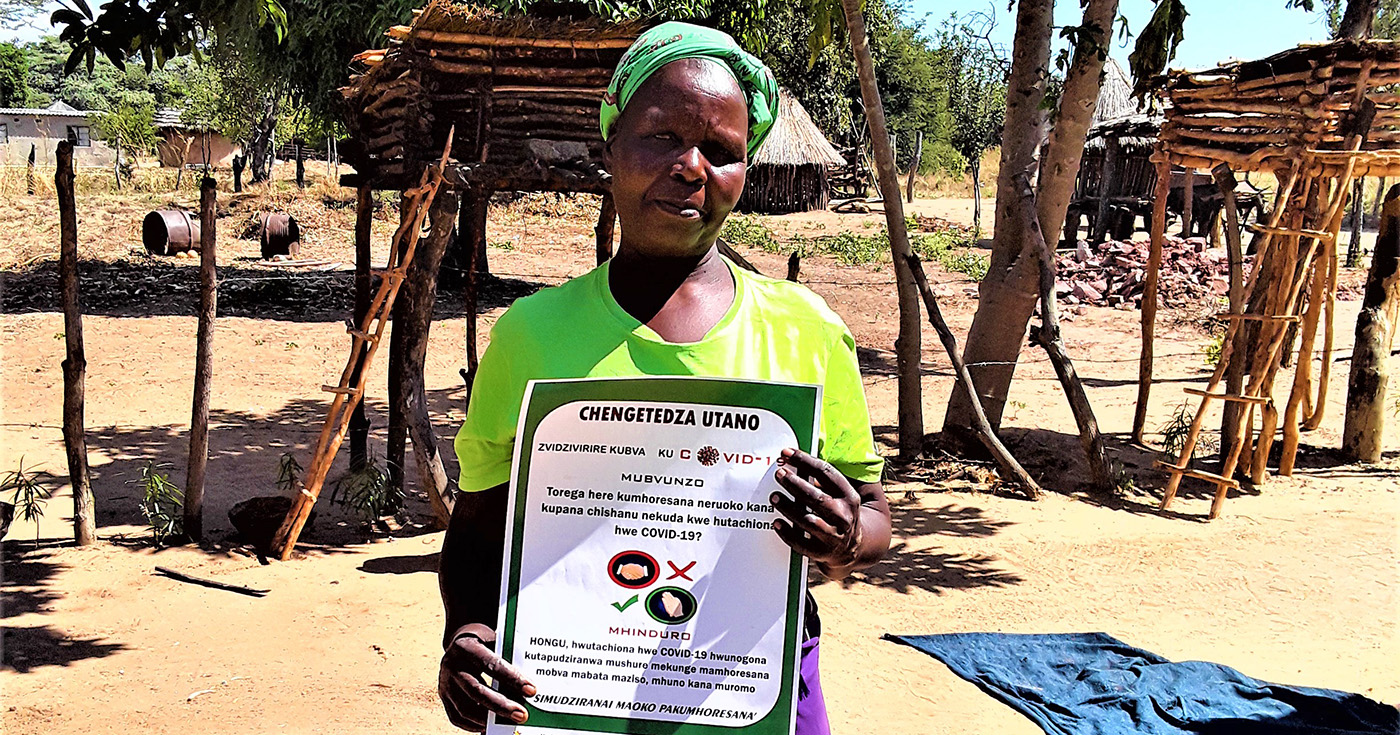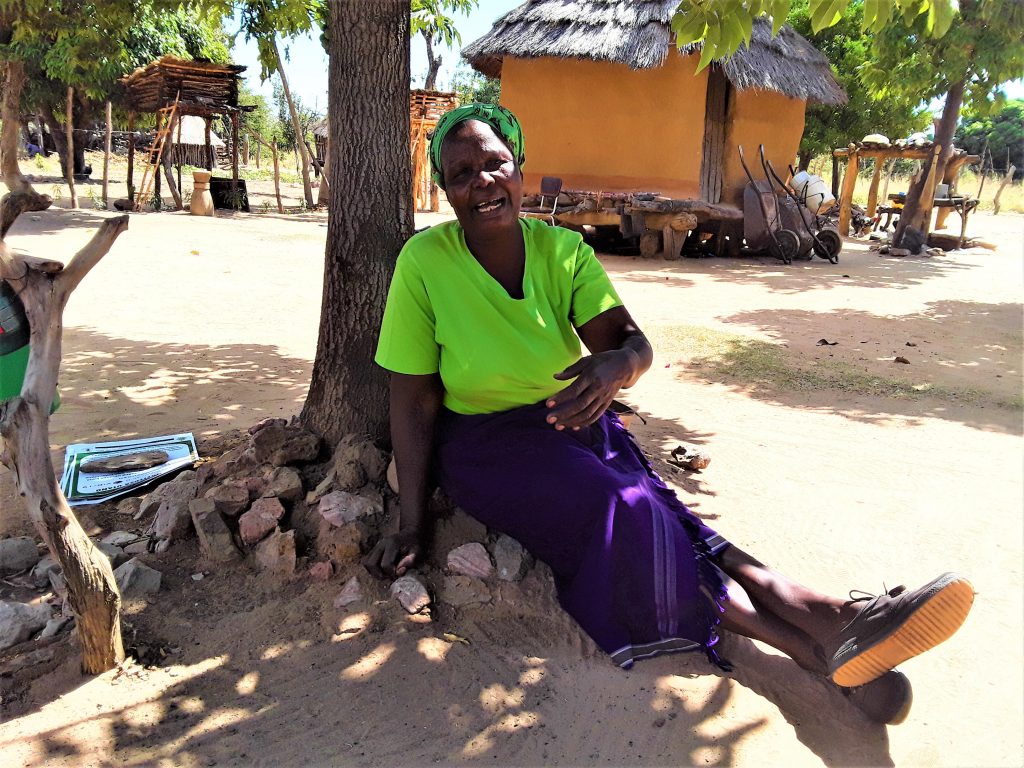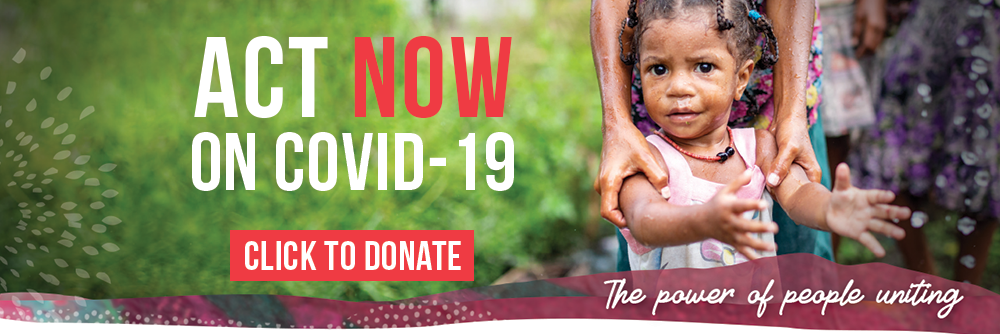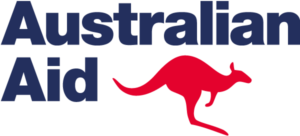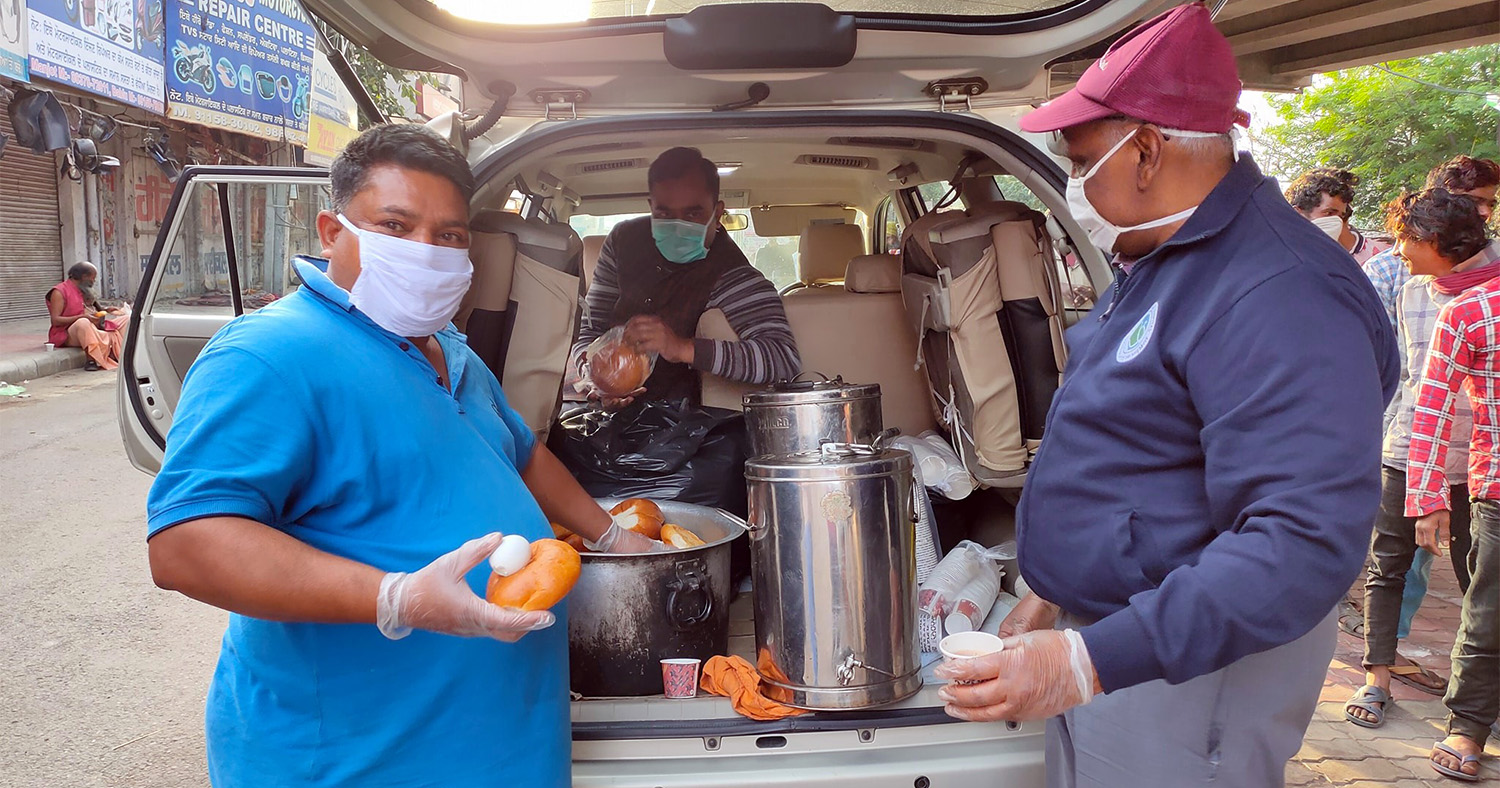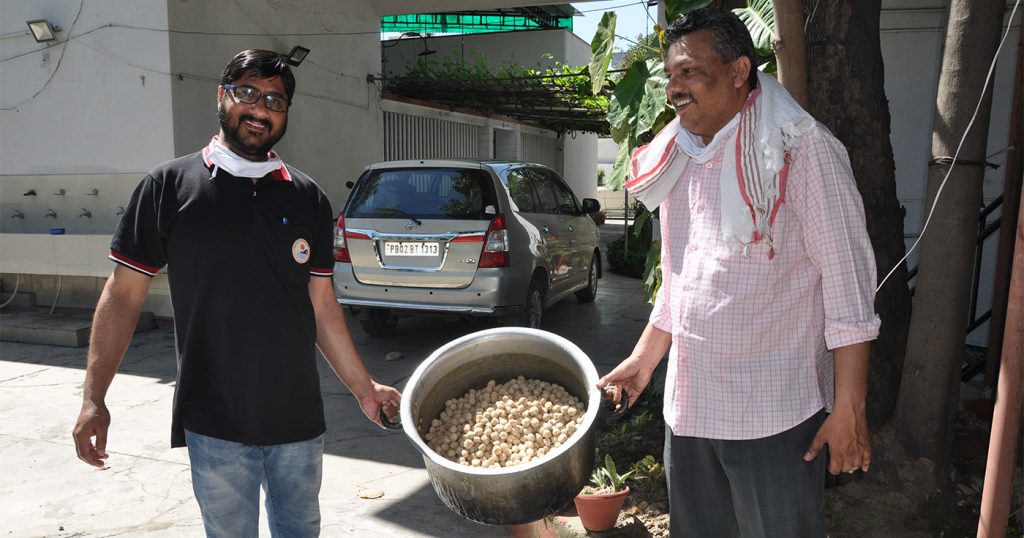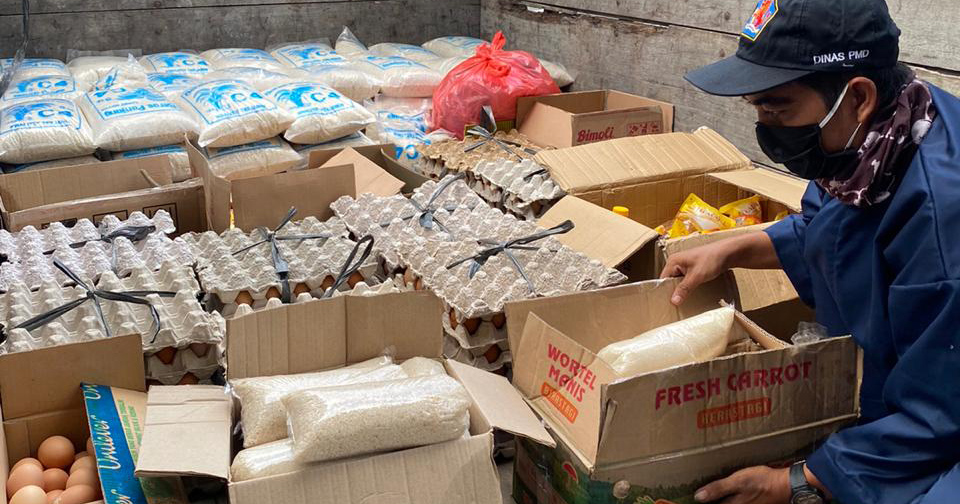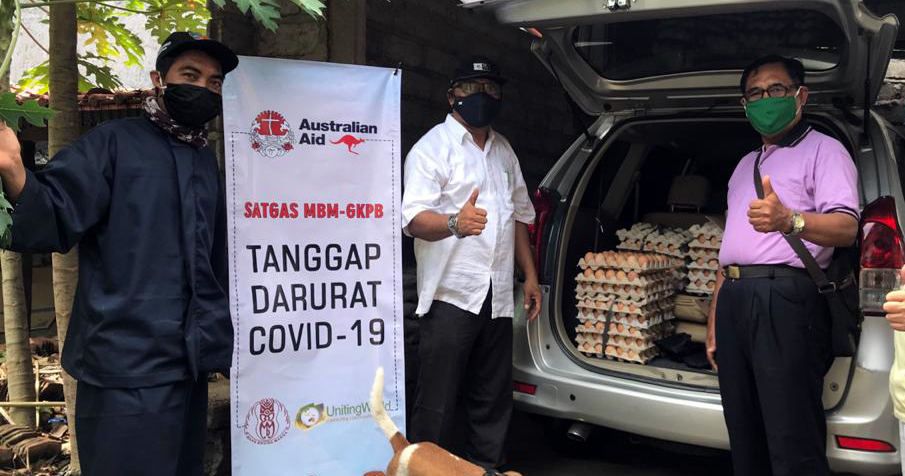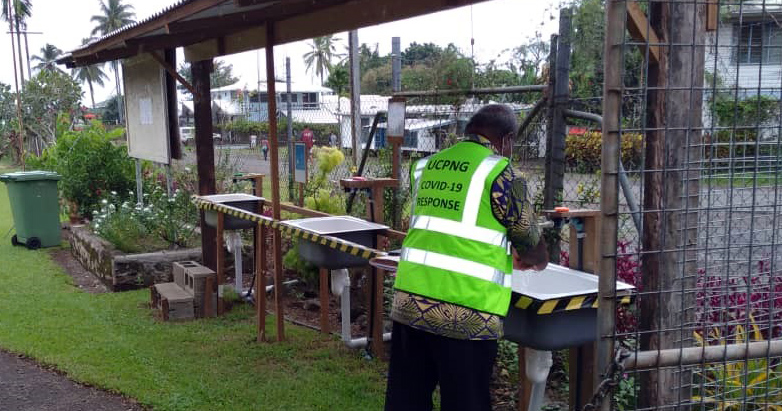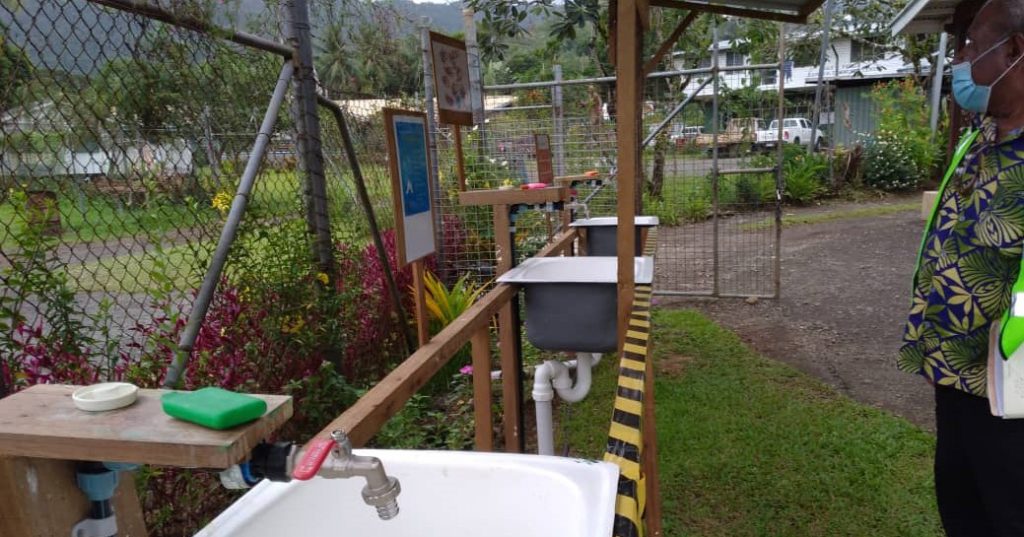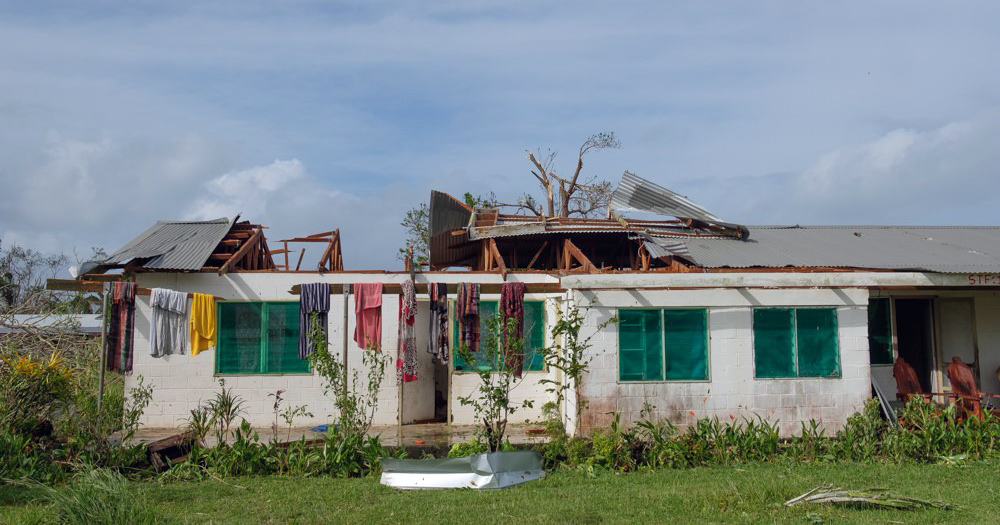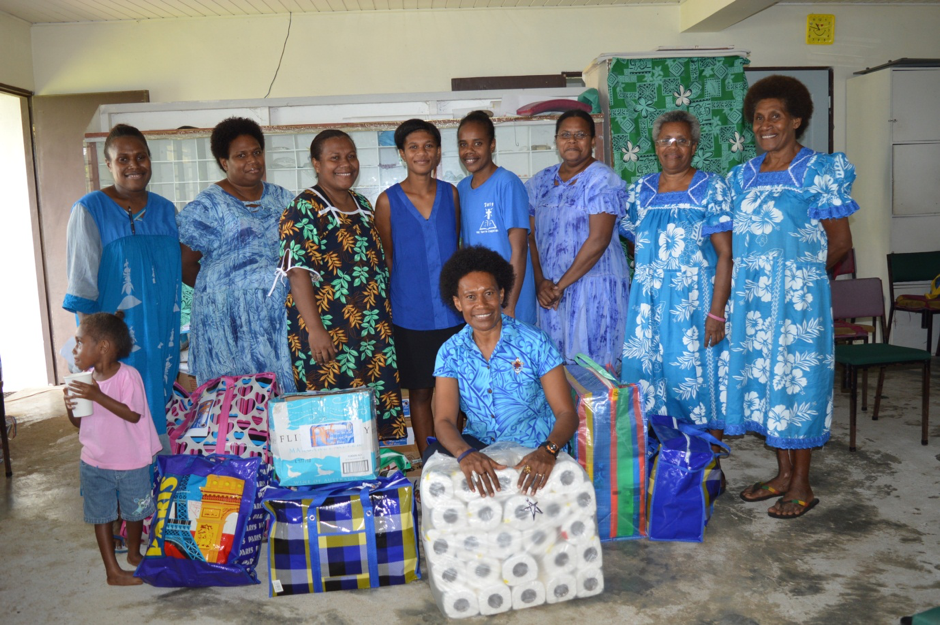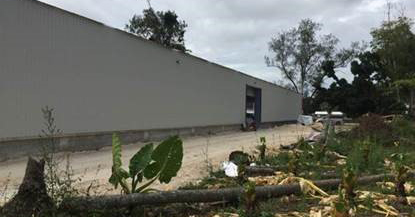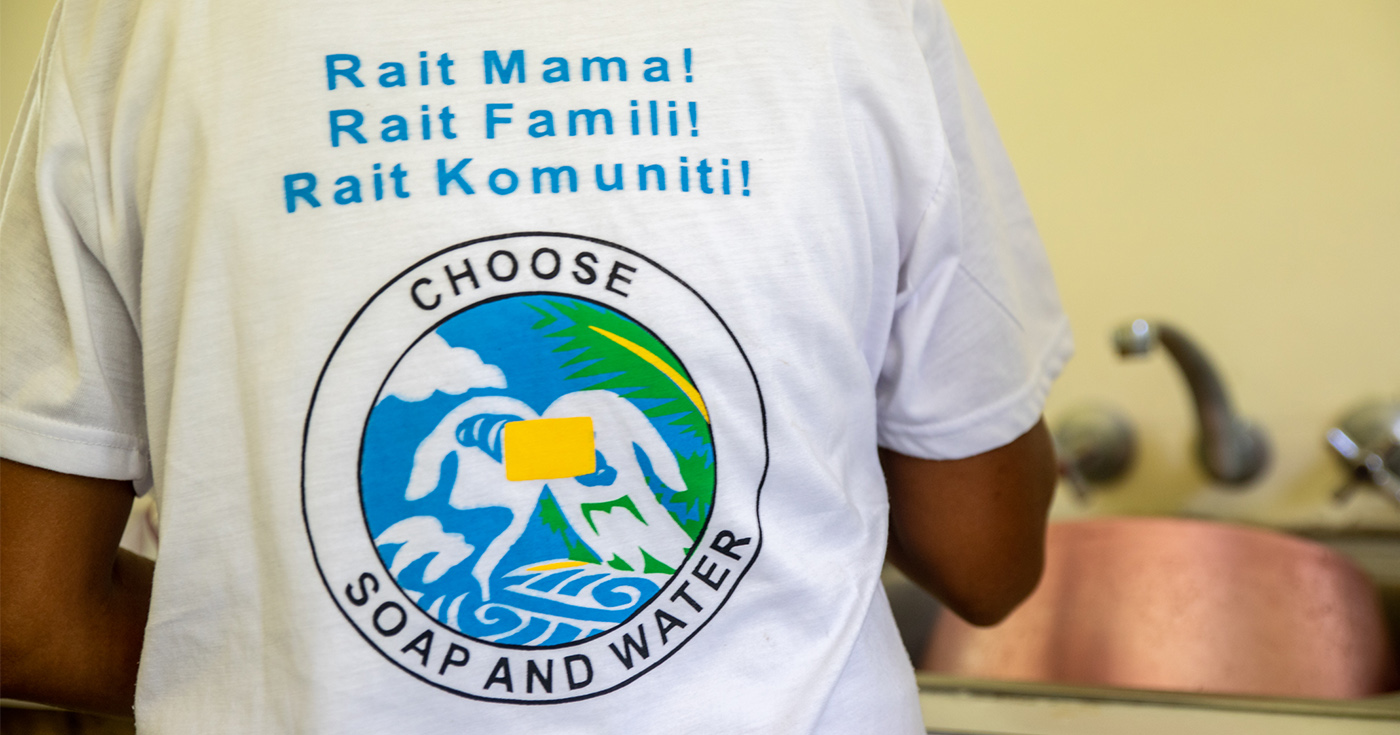With curfews and lockdown measures in place across the Pacific, our church partners are responding to COVID-19 and reaching out to their communities in creative and innovative ways. Projects in health, sanitation, education and gender equality have had to quickly adapt to address the impacts of COVID-19 and the safety lockdowns.
The crisis is doubly alarming for people in the Pacific. Health infrastructure is severely limited and there are no welfare safety nets for thousands of people suddenly unable to work. The need for solidarity and support across our region is needed now more than ever.
We’ve been in contact with our church partners and have provided some short updates below.
For updates on all projects, click here to visit the Projects page.
Papua New Guinea
Lockdown measures have significantly curtailed project activities and staff are working from home on unreliable Wi-Fi connections.
The Safe Water for Remote Communities project team has begun refocusing the existing hygiene behaviour change activities towards handwashing and hygiene messages that are specific to COVID-19.
The team has a strong partnership with the Milne Bay Provincial Government and as Papua New Guinea will have curfews and other lockdown measures for the foreseeable future, the team has sought special permission to support government-led educational messages to communities.
Fiji
The Methodist Church in Fiji (MCIF) have been an active part of the national COVID-19 programme under the Ministry of Health to engage their large national network in precautionary efforts and community education. MCIF President Rev Vakadewavosa has been outspoken on the need to listen to health advice and respect government restrictions, as well as giving theological and pastoral guidance on responding to the COVID-19 crisis.
With national lockdown measures in place, the Methodist Women’s Fellowship through the Gender Equality Theology project are exploring alternative ways to continue to share Gender Equality Theology and Theology of Child Protection and Care messages during this time.
MCIF are also seeking to support families who are struggling with food rations as many people have lost their jobs due to the lockdown restrictions.
Solomon Islands
Rural communities in the Solomon Islands have been flooded with people from urban areas after the government directive for all citizens not working and living in cities to return or relocate to their home provinces immediately. This has created a difficult situation for many families and communities, as well as escalating the risks of domestic violence.
The United Church in the Solomon Islands (UCSI) have identified a need to focus on families in lockdown. They have created educational resource packages, ‘Safety and Protection at Home Under COVID-19,’ using simplified community-level messaging on Gender Equality Theology and Child Protection.
They have begun distributing to congregations and the wider community through regions, circuits, health officers and Assembly Office personnel.
UnitingWorld’s project funding is contributing towards the cost of this work.
Kiribati
The Reitan Aine ki Kamatu (RAK – Women’s Fellowship of the Kiribati Uniting Church) will continue to deliver their radio broadcasts on Gender Equality Theology and Theology of Child Protection and Care through this project.
Tonga
The Free Wesleyan Church in Tonga (FWCT) have been supporting the government-led response to COVID-19 and health and hygiene messaging. With restrictions now lifting somewhat, the church office is back open and FWCT members are allowed to meet in small groups.
With less imports to the country, food supplies are becoming limited so the government has directed families and communities to establish home gardens. FWCT are encouraging all in their church to follow this directive.
In partnership with the Tonga National Council of Churches, FWCT are also making efforts to strengthen their Disaster Chaplaincy Network and deploy chaplains into communities. They will provide mental health support and work with communities as they struggle to find God in the midst of the pandemic and seek to live out a faithful response. UnitingWorld is working with the FWC and TNCC in this chaplaincy work.
Vanuatu
The Presbyterian Women’s Mission Union (PWMU) Project Team are unable to carry out many of their activities as normal, but they will be showing the ‘Violence is a Sin’ message from PCV leaders’ advert, on Vanuatu TV during the lockdown measures. They will also be running a text message campaign and reaching people through alternative media such as Facebook where they can continue to share messages of valuing family life, healthy human relationships, the importance of hand washing and how to make homemade masks.
Tuvalu
The FFEKT (the Women’s Fellowship of the EKT Church in Tuvalu) have a sewing group to support women to earn an income. Since March, the sewing group has been sewing face masks to sell to community members to promote personal hygiene and safety around the COVID-19 pandemic. Although there are no confirmed cases of COVID-19 in Tuvalu, the government has been proactive in putting measures in place to prevent potential transmission, including messaging around the importance of good health and hygiene.
The government office, NGOs and community members have been ordering masks from the FFEKT sewing group and so far (as of 6th April), there have been 126 orders for masks. They are encouraging people to buy two masks each so that they can wash their masks and ensure they remain clean. For those who cannot buy the masks, the sewing group is teaching them how to make their own so that they can provide masks for their family members.
Other resources
The Pacific Conference of Churches has been providing theological guidance on COVID-19 to help people understand what is happening and give practical and pastoral guidance in how to respond. The messages are being adapted by member churches across the Pacific.
Please continue to pray for our church partners and support the relief effort as you are able.
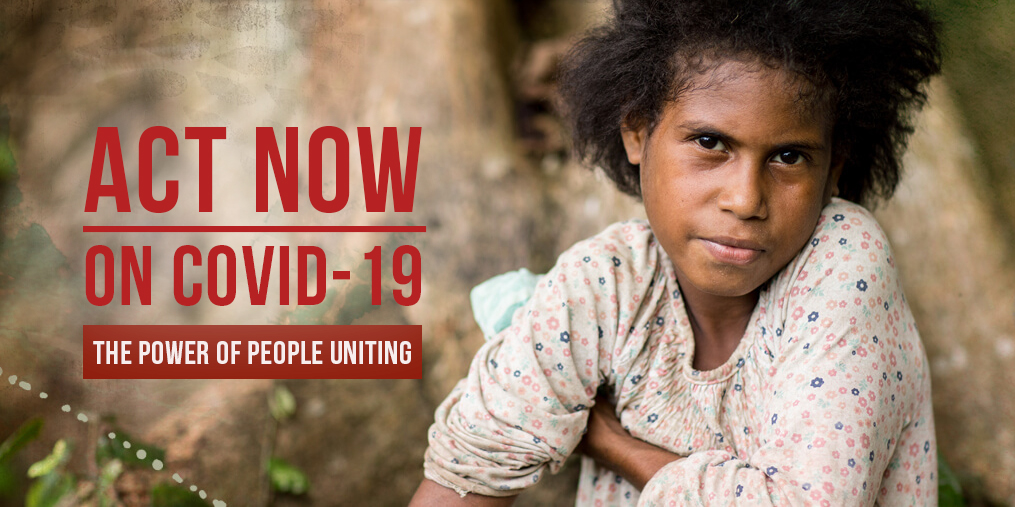
Click here to donate.
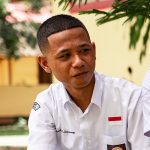 A reflection by Brooklyn Distephano, 17-year-old Ambonese student and UnitingWorld Peace Workshop participant.
A reflection by Brooklyn Distephano, 17-year-old Ambonese student and UnitingWorld Peace Workshop participant.
